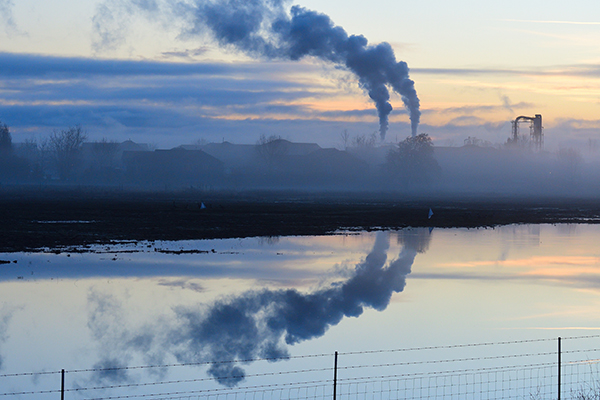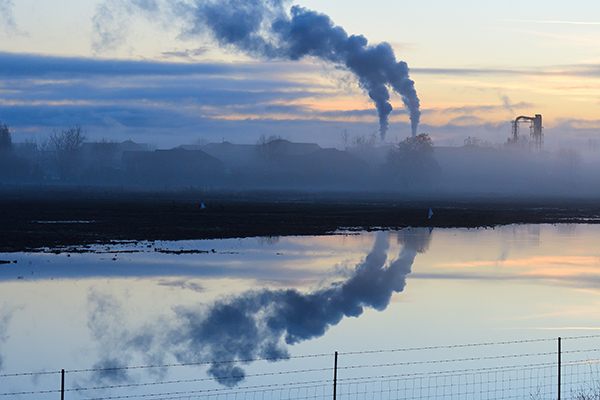As of April 17, the COVID-19 Corona virus has taken the lives of over 153,177 people worldwide. We’ve learned that the risk of dying from the virus is not the same for everyone. While age is certainly a risk factor, it turns out the biggest determinants of whether a person might die from contracting the virus is living near air pollution emitters and being African American. Reports state that people who live near air toxic sources such as chemical factories, incinerators and wood products industries are 15% more likely to die if exposed to the COVID-19 virus. Compounding this significant risk, communities of color are more likely to live closest to polluting industries.
The pandemic of COVID-19 exposed the truth of environmental injustices. People of color have more underlying and serious health conditions, including heart disease, respiratory diseases such as asthma or chronic bronchitis and diabetes. Exacerbating these health vulnerabilities is inequitable access to adequate health care coverage and discrimination when seeking medical treatments.

Smoke plume in West Eugene neighborhood taken from Meadow Lark Prairie looking east toward the Beltline Highway. Photo by Jake Jackson.
Beyond Toxics’ research in our local community confirms that breathing dirty air has measurable negative impacts on health and lifestyle. People in West Eugene live closest to 99% of all air toxic polluters within the city limits. Our research shows these neighbors are more than twice as likely to have asthma, an underlying condition that increases susceptibility to the corona virus and all pathogens. People in West Eugene also report they are less inclined to exercise outdoors because they try to avoid breathing noxious odors in the air.
We can see the vicious cycle: Exposure to air pollution damages cells and impairs normal cell function, which creates weakness in our immune systems and more susceptibility to inflammatory reactions -- and eventually, sickness. Living near polluters means people exercise less, which contributes to higher rates of obesity and heart disease.
Local public health authorities determined that life expectancy is 18 years less for people living in West Eugene than other areas of the city. West Eugene’s neighborhoods are more racially diverse. West Eugene’s air is saturated with toxic chemicals from numerous sources. In West Eugene, land use zoning puts residential neighborhoods adjacent to polluters. Environmental inequities are not theoretical in West Eugene. Every day people in these vulnerable communities suffer a variety of health problems that take a toll on the people living there. That is why we say that “zip code matters.” Patterns of existing and historical pollution paired with environmental injustice make some neighborhoods more ripe for the ravaging effects of a pandemic.
We are fortunate that Oregon has not become a hotbed of COVID-19 cases and deaths. We may not be so lucky when the next crisis strikes. Taking action to break the linkages between environmental racism, poisoning of our communities and illness will create better health for everyone.
Lisa Arkin, Executive Director
Beyond Toxics






